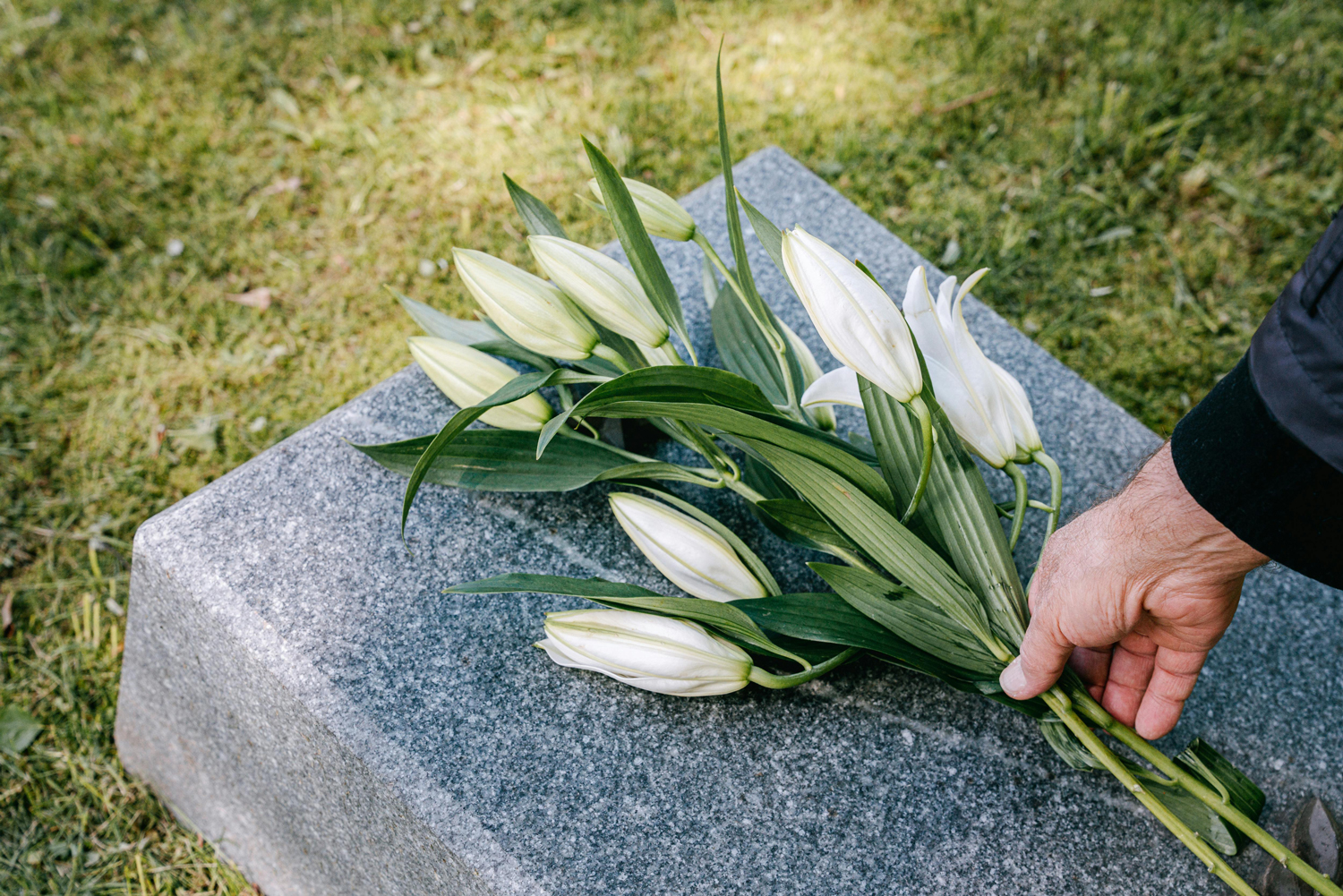Q: How do I know if I need a Will?
A: If you have a heartbeat, you need a Will.
Many people delay writing a Will, or any other estate planning documents. We have heard many reasons why, but the most common is that people think their family knows what they want, and will divide their assets accordingly. This is poor planning for several reasons.
First and foremost, the law will not allow for that. If you die without a Will, your assets will pass according to the law of intestacy. This law creates a distribution plan based on certain family relationships. Therefore, by not signing a Will, you are giving up control over the decision of who gets your assets, and under what terms. For example, do you want your children’s shares to be held in trust for them until they are old enough to handle the money (and do you want to decide what age that is)? What if you have a child with special needs? What if you are in a second marriage? What if you own property in another state (this includes timeshares)? The law does not take into account how you would address any of these special circumstances.
Here is a simplified overview of the typical distribution of a $500,000 estate, in a variety of circumstances:
None of the above scenarios consider a family with special needs or circumstances that call for trusts to protect beneficiaries or even charitable gifts you might want to make. Another thing to consider is the additional administrative time and expense for your family if you die without a Will. The Manes & Weinberg estate planning team can help you navigate the complexities that exist in even simple estates. You can call or e-mail Justine at Justine@manesweinberg.com to schedule a time for us to answer your questions and create a plan that meets your family’s needs.


